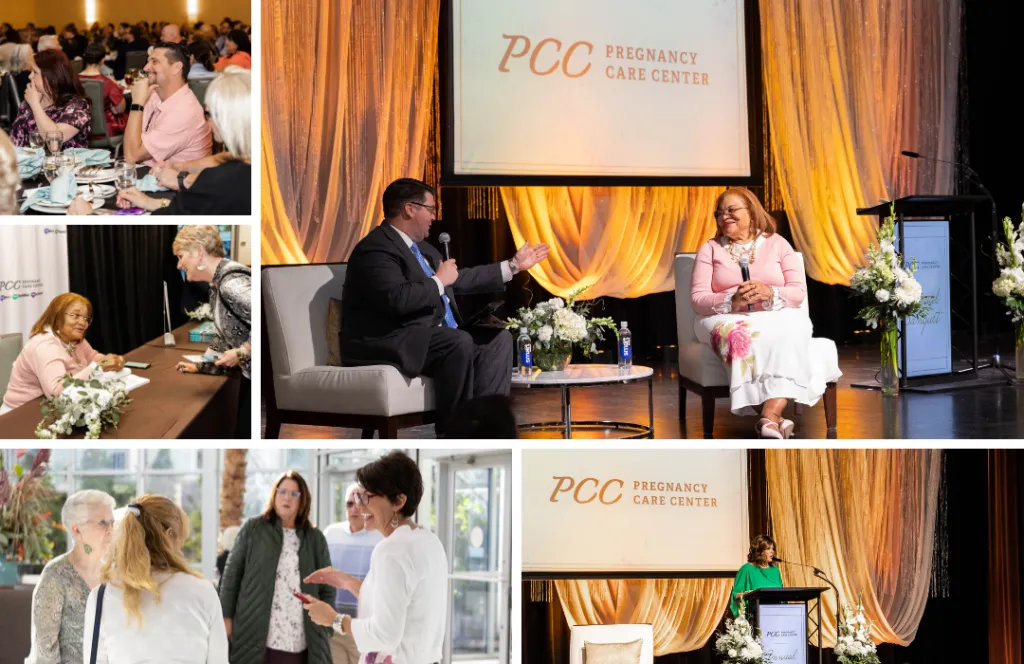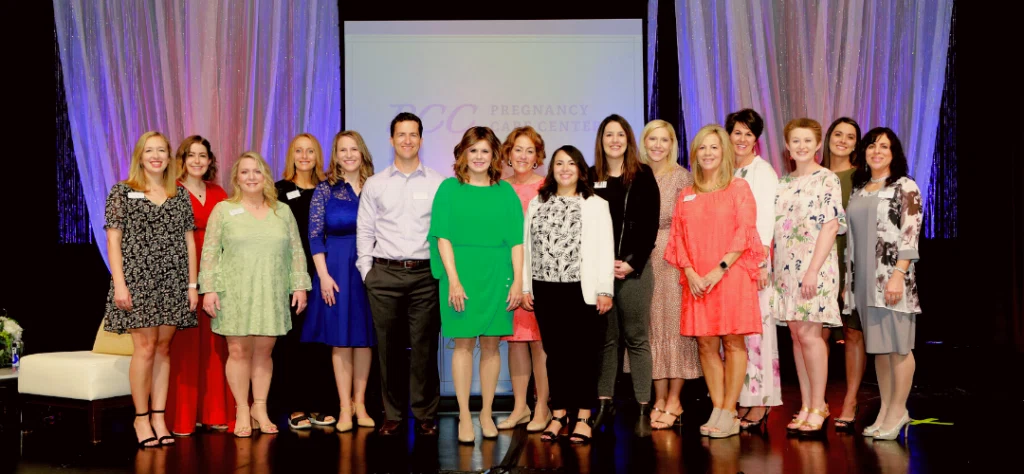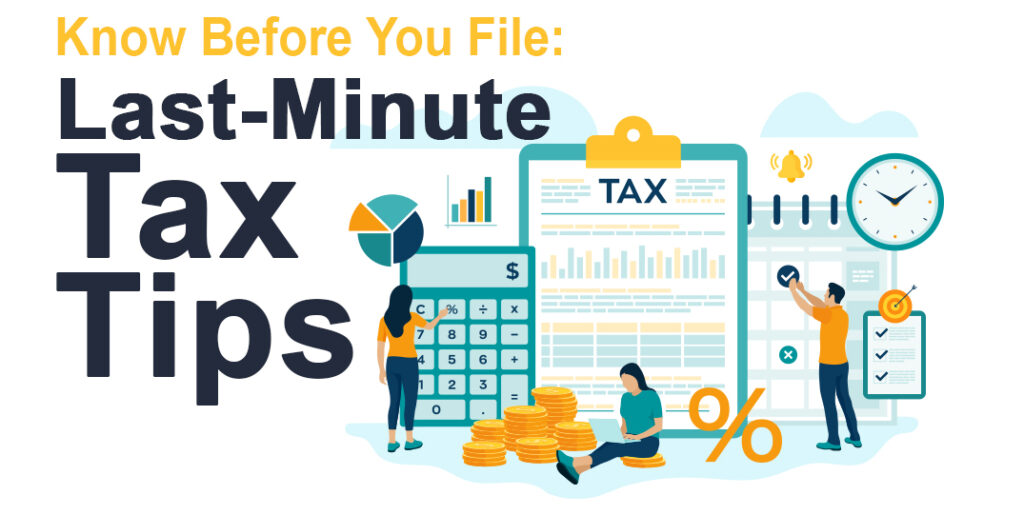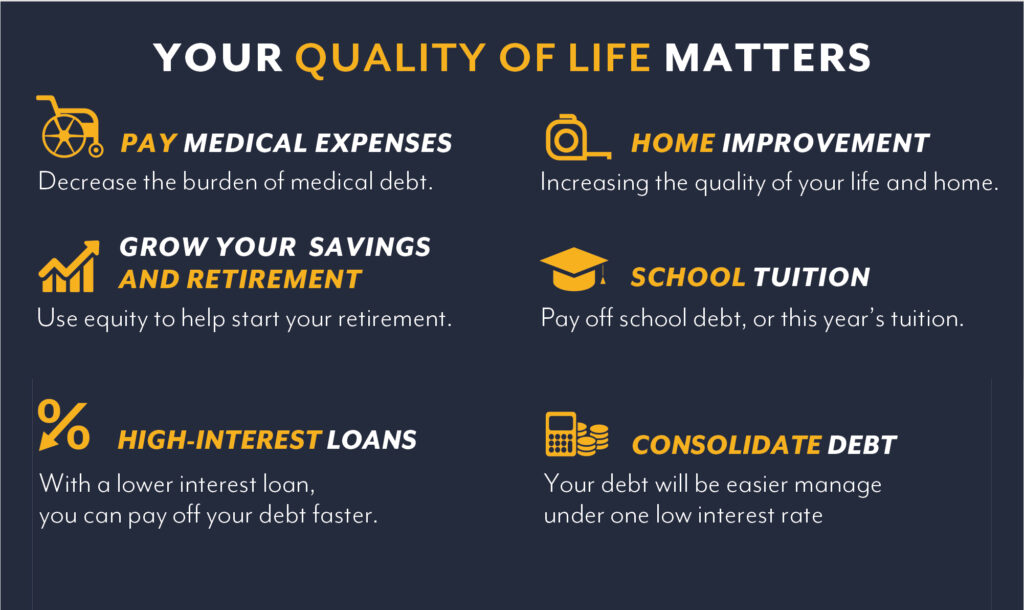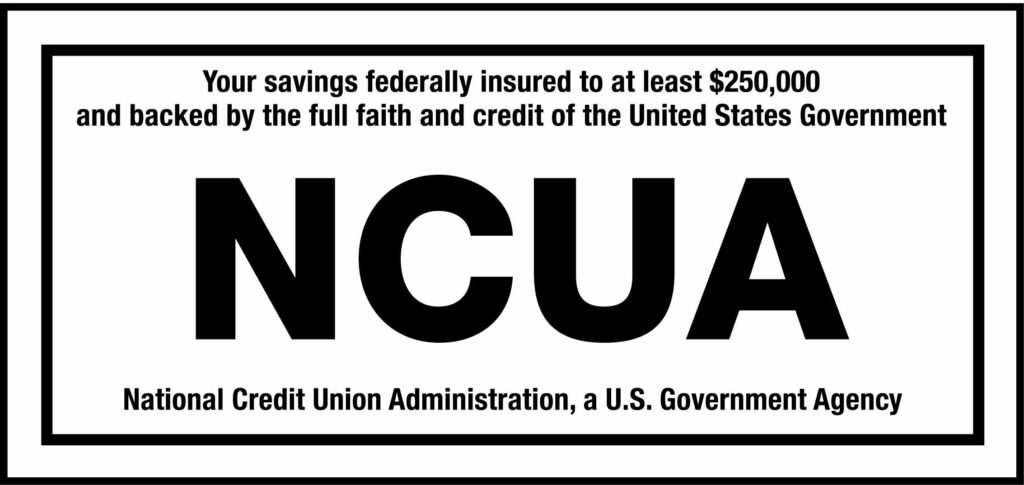Assemblies of God Credit Union (AGCU) announces the addition of Senior Vice President, Director of Member Experience & Compliance Randall Bettis, Member Experience Manager Kelly Beezley and Senior Commercial Credit Analyst Jordan Dowdan.
Randall Bettis
 With over three decades of leadership experience with credit unions across the United States, Randall Bettis brings a tremendous amount of knowledge to his new role as Senior Vice President, Director of Member Experience & Compliance with AGCU. The scope of his responsibilities includes leading the member care team in strategies that will provide AGCU members an organized and seamless experience across all channels and stages of communication.
With over three decades of leadership experience with credit unions across the United States, Randall Bettis brings a tremendous amount of knowledge to his new role as Senior Vice President, Director of Member Experience & Compliance with AGCU. The scope of his responsibilities includes leading the member care team in strategies that will provide AGCU members an organized and seamless experience across all channels and stages of communication.
Randy comes to us with a tremendous amount of experience with several credit unions. He worked for the Arizona Central Credit Union for 4 years as a Collector before moving to Arizona Federal Credit Union where he served as a Risk Management Consultant, a Branch Manager, a Financial Services Supervisor and a finally a Director of Branch Services during his 13 years there. He moved to Corporate America Family Credit Union where he was a Branch Manager for a year. Then he served as a Branch Manager, Vice President, and President / CEO at SunWest Federal Credit Union over his 4 year career there before moving to the Springfield to serve as the Chief Lending Officer at BluCurrent Credit Union. He was there for almost 10 years. We know the knowledge he has gained over his 31 year career is going to be of tremendous benefit to AGCU.
Kelly Beezley
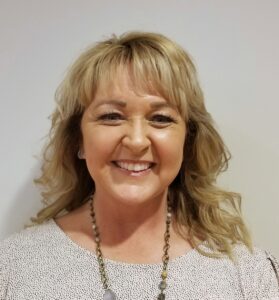 Kelly Beezley joins AGCU in the role of Member Experience Manager. With over 20 years of experience, Kelly is a seasoned banking professional who has lived in Springfield her entire life. Drawing on her deep sense of community, Kelly will aid in identifying areas of opportunity that will enhance member experience.
Kelly Beezley joins AGCU in the role of Member Experience Manager. With over 20 years of experience, Kelly is a seasoned banking professional who has lived in Springfield her entire life. Drawing on her deep sense of community, Kelly will aid in identifying areas of opportunity that will enhance member experience.
Kelly has been in banking for 20 years. She was a Financial Service Representative at Commerce for 5 years. She worked at the Bank of Bolivar as a Lead Teller for 3 years, then moved to Hawthorn Bank where she served as a Customer Service Representative for 2 years. She then moved to America’s Credit Union where she served as a Branch Manager for 10 years.
Jordan Dowdan
 Lastly, Jordan Dowdan has joined AGCU as Senior Commercial Credit Analyst. Jordan has served in credit analyst roles with several financial institutions throughout southwest Missouri and will use this experience to assist lenders as they make decisions that affect local businesses and economy.
Lastly, Jordan Dowdan has joined AGCU as Senior Commercial Credit Analyst. Jordan has served in credit analyst roles with several financial institutions throughout southwest Missouri and will use this experience to assist lenders as they make decisions that affect local businesses and economy.
Jordan worked as a Loan Officer for First Home Savings Bank in Mountain Grove, MO, for a year before moving to Central Bank of the Ozarks where he served as a Credit Analyst for 2.5 years. He then went to Legacy Bank & Trust where he worked as a Credit Analyst – Loan Review Officer for the past 4 years. In this capacity, he assisted the Chief Credit Officer in reviewing underwriting, monitored the bank’s risk exposure and loan trends, while also analyzing complex government products, monitoring construction and development loans, and analyzed and spread complex global cash flows.
“AGCU’s commitment to member experience has been a priority of behind our concept of Banking with a Purpose,” said Melanie Tarrant, Creative Marketing Specialist. “And the addition of Randy, Kelly, and Jordan to our team will help us continue serving our members and our community with their financial needs.”
AGCU is a faith-based credit union, affiliated with the Assemblies of God since 1951. Our vision is to be the most relevant faith-based credit union in the world to our members, fellowship, communities, organization, and co-workers. AGCU provides banking options for individuals, families, businesses, nonprofits, and ministry organizations.
We donate 10% of our annual earnings to support churches and ministries, educational scholarships and programs, and humanitarian efforts.




 With over three decades of leadership experience with credit unions across the United States, Randall Bettis brings a tremendous amount of knowledge to his new role as Senior Vice President, Director of Member Experience & Compliance with AGCU. The scope of his responsibilities includes leading the member care team in strategies that will provide AGCU members an organized and seamless experience across all channels and stages of communication.
With over three decades of leadership experience with credit unions across the United States, Randall Bettis brings a tremendous amount of knowledge to his new role as Senior Vice President, Director of Member Experience & Compliance with AGCU. The scope of his responsibilities includes leading the member care team in strategies that will provide AGCU members an organized and seamless experience across all channels and stages of communication. Kelly Beezley joins AGCU in the role of Member Experience Manager. With over 20 years of experience, Kelly is a seasoned banking professional who has lived in Springfield her entire life. Drawing on her deep sense of community, Kelly will aid in identifying areas of opportunity that will enhance member experience.
Kelly Beezley joins AGCU in the role of Member Experience Manager. With over 20 years of experience, Kelly is a seasoned banking professional who has lived in Springfield her entire life. Drawing on her deep sense of community, Kelly will aid in identifying areas of opportunity that will enhance member experience. Lastly, Jordan Dowdan has joined AGCU as Senior Commercial Credit Analyst. Jordan has served in credit analyst roles with several financial institutions throughout southwest Missouri and will use this experience to assist lenders as they make decisions that affect local businesses and economy.
Lastly, Jordan Dowdan has joined AGCU as Senior Commercial Credit Analyst. Jordan has served in credit analyst roles with several financial institutions throughout southwest Missouri and will use this experience to assist lenders as they make decisions that affect local businesses and economy.
